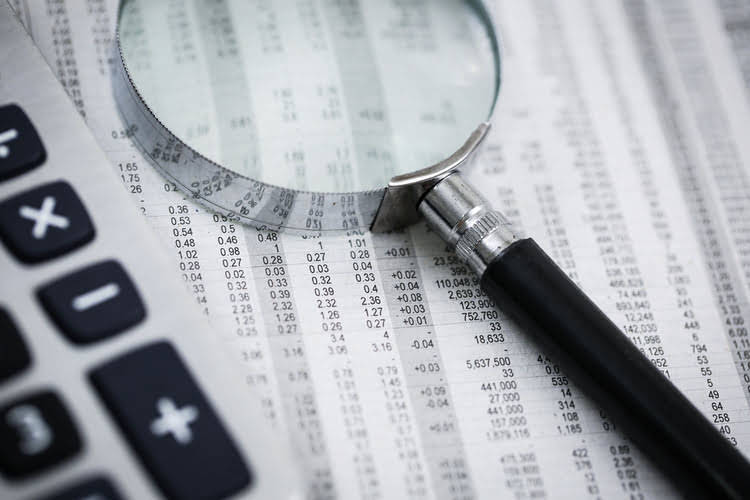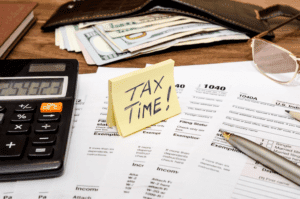
These payments are recorded as operating expenses because they help sell generate operating revenues. Loans from banks usually require interest payments, but such payments don’t generate any operating income. Extraordinary expenses are costs incurred for large one-time events or transactions outside the firm’s regular business activity. They include laying off employees, selling land, or disposal of a significant asset. Expenses are recorded in the books on the basis of the accounting system chosen by the business, either through an accrual basis or a cash basis. Under the accrual method, the expense for the good or service is recorded when the legal obligation is complete; that is when the goods have been received or the service has been performed.

Presentation of Expense Accounts
Consequently, expense management must be conducted judiciously, to ensure that the net effect is an actual increase in profits. Under accrual accounting, expenses are recognized in the books of a company when they are incurred, irrespective of whether an actual cash transaction has occurred. This means that the expenses will be recorded in general ledger accounts assigned to them as they occur and accounted for to present a true picture of HOA Accounting the financial state of the firm.
- An expense is the cost incurred in order to generate revenue or obtain something.
- Expense accounts are typically listed in the expenses section of the reporting entity’s income statement.
- By investing in these areas, Hershey aims to drive sales growth, enhance brand recognition, and streamline its internal processes.
- When recorded accurately, they give business owners a clear view of what it costs to operate, help ensure compliance during tax season, and make financial reports more reliable.
- The expense itself stays in the period it was incurred, not the period it was paid, applying the matching principle introduced earlier.
How Expenses are Recorded
This explanation of accounting basics will accounting expense introduce you to some basic accounting principles, accounting concepts, and accounting terminology. Once you become familiar with some of these terms and concepts, you will feel comfortable navigating through the explanations, quizzes, quick tests, video training, and other features on AccountingCoach.com. Business owners should consult with a tax professional to maximize eligible tax credits and deductions.

Examples of Expenses and Expenditures
- When conducting an expense analysis, keep in mind that some expenses must be incurred if they can bolster the productive capacity of a company’s bottleneck operation.
- COGS represents the direct costs of producing goods or delivering services.
- The most common way to categorize them is into operating vs. non-operating and fixed vs. variable.
- Secondly, it demonstrates that revenues will cause the stockholders’ equity to increase and expenses will cause stockholders’ equity to decrease.
- Under cash accounting, the expense is only recorded when the actual cash has been paid.
- During the end of the accounting period, the company prepares a closing journal entry.
Staying on top of your expenses and business budget also helps you identify problems like overspending and cash flow issues early on – so you can nip them in the bud before they become bigger concerns. If an expense is for both business and personal use, you can only deduct the portion of the expense that applies to your business. For example, if you drive a vehicle for business and https://www.bookstime.com/ personal use, you can only deduct the percentage of vehicle-related costs that apply to business use.

To maximize tax benefits, keep detailed records of deductible expenses, such as subscription fees for business software and business trip expenses. Monthly reconciliations to ensure recorded expenses match bank statements and credit card transactions are an excellent strategy to avoid last-minute fuss over missing or questionable transactions. Inventory (a current asset) is converted into an expense only when sold for both manufacturers and retailers, in compliance with the matching principle of accounting. In this guide, I use my experience as a former accountant to help simplify the meaning and role of expense accounts, as well as address a few of their variations and tools for expense management.


Lastly, you can even make your bookkeepers or accountants, or CPAs a part of your Deskera Books account by giving them access through an invitation link. These are those expenses that vary a lot, mostly from month to month, and are part of your company’s largest expenses chunk. Variable expenses are dependent on the number of units you produce or sell. For example, payroll of a company that hires a large amount of freelancers, overtime expenditure, commissions, etc. Business owners are not allowed to claim their personal, nonbusiness expenses as business deductions. Capital expenditures, commonly known as CapEx, are funds used by a company to acquire, upgrade, and maintain physical assets such as property, buildings, an industrial plant, technology, or equipment.